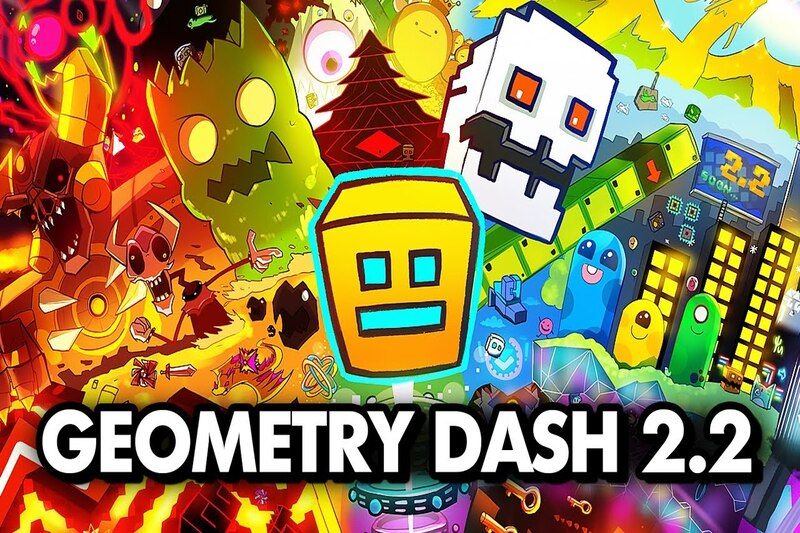The world of football gaming has evolved significantly over the years. What once began as simple pixelated versions of the beautiful game has now grown into a multi-billion-dollar industry, with eFootball at the forefront. Formerly known as PES (Pro Evolution Soccer), eFootball has changed the landscape of competitive football gaming. However, with the growing popularity of eSports and virtual football, the question of insurance for professional players, teams, and even fans has emerged. This article explores the world of eFootball, its rise in the gaming community, and how insurance and claims could play a significant role in this evolving industry.
1. The Rise of eFootball: What is It?
eFootball is an online multiplayer football video game series developed by Konami. The game series has been a competitor to EA Sports’ FIFA franchise and has gained significant traction over the years. With advanced graphics, realistic player movements, and tactical gameplay, eFootball has attracted millions of players worldwide.
What Makes eFootball Stand Out?
The game focuses on providing an experience as close to real football as possible. With the transition from PES to eFootball, Konami introduced a free-to-play model and a focus on live-service updates. This approach has made the game increasingly popular, offering frequent content updates, new players, and dynamic in-game events.
2. The Growth of eFootball Esports
eFootball isn’t just a game for casual players; it has also become a competitive eSport, with professional players, teams, and tournaments. The rise of eFootball eSports has resulted in an entirely new ecosystem where players can earn money through tournament wins, sponsorships, and partnerships.
eFootball Leagues and Tournaments
Global eFootball leagues and tournaments are held throughout the year, drawing attention from gaming enthusiasts and viewers alike. These events attract sponsorships, media rights, and prize pools, increasing the game's visibility and driving the demand for insurance.
3. The Need for Insurance in the eFootball Ecosystem
As eFootball continues to grow in popularity, the need for insurance in this space becomes apparent. Professional eFootball players, teams, and even streaming platforms may require insurance to protect themselves from various risks associated with competition, equipment damage, and cyber threats.
Protecting eSports Professionals
Just like traditional athletes, eFootball players face risks, such as injuries, performance issues, and unforeseen accidents. Although physical injuries are not as common in virtual sports, mental health concerns and burnout can still impact players’ performance. For this reason, insurance policies that cater to eFootball professionals can help mitigate these risks.
4. Types of Insurance for eFootball Professionals
Several types of insurance could benefit eFootball professionals, including:
-
Personal Injury Insurance: While injuries are rare in virtual sports, the mental toll and stress from constant competition could affect players' health.
-
Equipment Insurance: Given the high-value gaming equipment used by professional players, equipment insurance ensures that gaming consoles, PCs, and other hardware are covered in case of accidents or malfunctions.
-
Liability Insurance: This covers the legal responsibilities in case of disputes during tournaments or gaming-related events.
Claim Process for eFootball Insurance
When it comes to insurance claims, the process for eFootball professionals would be similar to any other professional athlete's claim. If a player’s equipment gets damaged during a tournament or if a mental health issue arises that affects their ability to compete, they can file a claim to receive financial compensation.
5. The Role of Sponsorships and Insurance for Teams
In the world of eFootball, sponsorship deals are vital for the success and sustainability of professional teams. As with traditional sports, eFootball teams often sign sponsorship deals with various brands. These brands provide financial support, but the teams may also require insurance to ensure that the sponsors’ interests are protected in case of unforeseen events.
Protecting Team Investments
Insurance is especially critical when a team invests heavily in high-end gaming gear, staff, and player contracts. Insurance coverage for team assets ensures that both players and sponsors are safeguarded against any accidents or mishaps.
6. How Streaming Platforms and Viewers Benefit from Insurance
With the rise of eFootball as a competitive eSport, streaming platforms have become essential to the game’s ecosystem. Platforms like Twitch and YouTube host live streams of tournaments, providing fans with real-time access to events.
Insurance for Streaming Platforms
These platforms face their own set of risks, such as cybersecurity threats, intellectual property issues, and equipment breakdowns. Insurance for streaming services helps protect against disruptions in streaming due to technical issues or cyber-attacks, ensuring that viewers can continue enjoying uninterrupted content.
7. The Future of Insurance in eFootball
As eFootball grows, the need for insurance in the space will likely expand. New technologies, such as VR (Virtual Reality) and AR (Augmented Reality), could further change the landscape of eFootball, introducing new risks that will require coverage.
New Risks and Emerging Coverage
With advancements in technology, professional eFootball players might engage in mixed-reality tournaments or virtual training sessions, which may increase the likelihood of cyber threats, personal data breaches, and other unforeseen risks. Insurers will need to develop new claims processes and policies that address these risks.
8. Understanding the Claim Process in eFootball Insurance
The process of filing a claim for an eFootball player or team would likely involve the following steps:
-
Incident Report: The first step is to report the issue, whether it’s an equipment malfunction or a player’s health issue. This documentation is essential for the insurance company to assess the situation.
-
Evaluation: The insurance provider will evaluate the claim, which may involve reviewing footage from events, consulting medical professionals, or inspecting equipment.
-
Compensation: Once the claim is approved, compensation will be provided to the player, team, or streaming platform, ensuring they’re not financially impacted by the incident.
9. The Legal Aspect of eFootball and Insurance
As the world of eFootball continues to expand, legal considerations regarding insurance will become more important. eSports contracts, sponsorships, and tournament agreements will need to address the necessity of having insurance coverage in place.
Contractual Obligations and Coverage
For professional eFootball players and teams, their contracts with sponsors and tournament organizers will often include clauses that require certain types of insurance. Failure to maintain proper coverage could result in financial penalties or loss of sponsorships.
10. Conclusion: Embracing Insurance in eFootball’s Future
As eFootball continues to grow as a prominent part of the gaming and eSports industries, the need for insurance and a streamlined claim process will only become more important. From eFootball players to professional teams and streaming platforms, everyone involved in the ecosystem stands to benefit from the protection and security provided by well-structured insurance policies.
With the increasing risks and potential for unexpected events, having a strong insurance plan in place will ensure the sustainability and success of this exciting new world of virtual football.






































